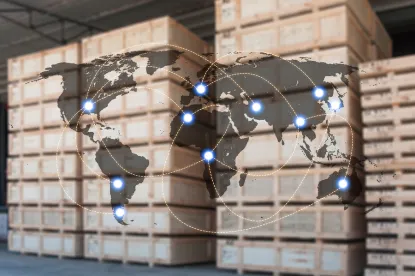According to recent WSJ reporting , immigration issues at the Mexico-US border are disrupting commercial trade, as US Customs and Border Patrol agents who typically handle trade traffic have been redirected to migrant issues. This redistribution of resources has reportedly caused a pile up of truck traffic and delay of inspections for agricultural and automotive components. This has reportedly resulted in an estimated tens of millions of dollars in losses for supply chain partners. Who is saddled with the risk of loss when politics impacts the flow of goods at international borders?
This complicated question involves the convergence of trade policy, supply chain contract rights, and insurance coverage, such that each instance of loss must be determined on a case-by-case basis. If trade partners have force majeure provisions in their contracts – and even if they don’t! – suppliers may be excused temporarily or permanently by border actions beyond their control. (In the US, courts do not take a uniform view as to whether political risk constitutes a force majeure event.) On the other hand, carriers may be looped into the equation, if their carrier agreements broadly assign them risk of loss during transit. In addition, smart shippers will require carriers to have insurance coverage for situations such as this – so in some instances, insurance companies (and their reinsurers) may bear the ultimate risk.
As border tensions heat up, we expect more impacts to North American supply chains. Supply chain partners should develop multi-tiered strategies to minimize loss, allocate risk, and cover potential liabilities.




 />i
/>i


